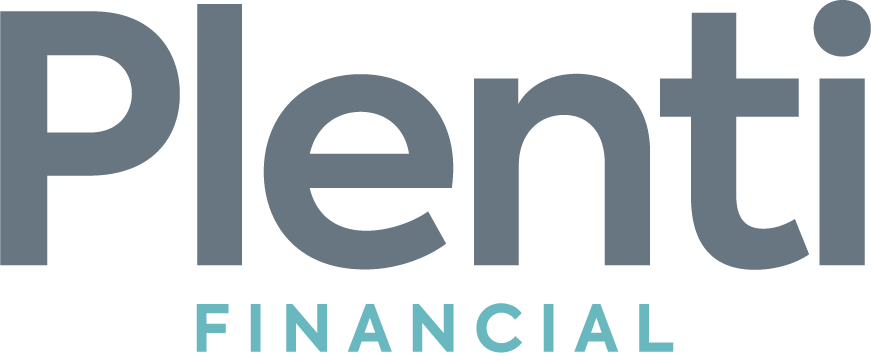There are several parties involved in the process of a 1031 Exchange. Use this list to ensure you are including all necessary parties in your exchange. In the case of the Plenti Exchange Portal, all of the necessary parties are automatically included at the appropriate stage of the exchange after you submit their information through your account.
- Owner (You)
- Escrow
- Real Estate Agent
- Qualified Intermediary
Owner (You)
The owner is the driving agent of the 1031 exchange. It is important for the owner to be diligent in identifying the appropriate properties, understanding what kind of exchange they are using (standard, reverse, or improvement), and filing all necessary paperwork according to the timeline of the 1031 Exchange.
Escrow
Escrow plays an important role in the 1031 Exchange process. As the custodians and record keepers of official exchange documentation, the escrow agent certifies the timely and accurate submission of necessary documents for the transfer of any funds and titles involved in the exchange. The escrow agent, in the case of an exchange, often interfaces directly with the qualified intermediary in order to comply with IRS Section 1031, which indicates the exchangers cannot directly receive tax-free funds, but must be applied to the appropriate identified property or project through the qualified intermediary.
Agent/Broker
The real estate agent serves an important function in the 1031 Exchange. Once you have properly understood the criteria for a 1031 Exchange, your agent will help you to identify ideal properties for your financial strategy in order to make the most of your exchange. The more clarity you can achieve within your own financial strategy, the more helpful your agent will be in collecting property listings that serve your goals for your portfolio.
Qualified Intermediary
A qualified intermediary is essential to the exchange process. It is the qualified intermediary who fulfills the rules of IRS Section 1031, which requires funds from an exchange sale to be held by a qualified intermediary during the 180-day acquisition process. In the case of a reverse exchange, the qualified intermediary holds the title rather than the proceeds of the relinquished property.
Conclusion
Make sure that those involved in your exchange are given proper documentation and information about the details of your exchange in order to enable their involvement and secure a simple and profitable exchange. When you use the Plenti Exchange Portal, this communication is automated for you so that your exchange is submitted with all necessary documentation according to the necessary timeline.


